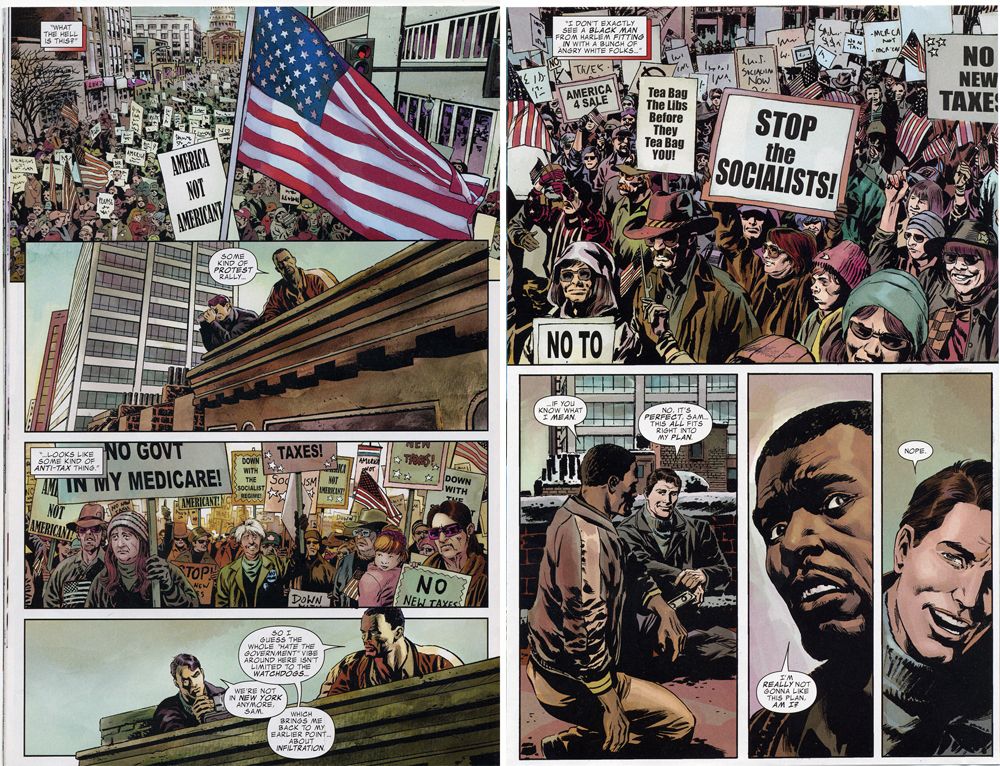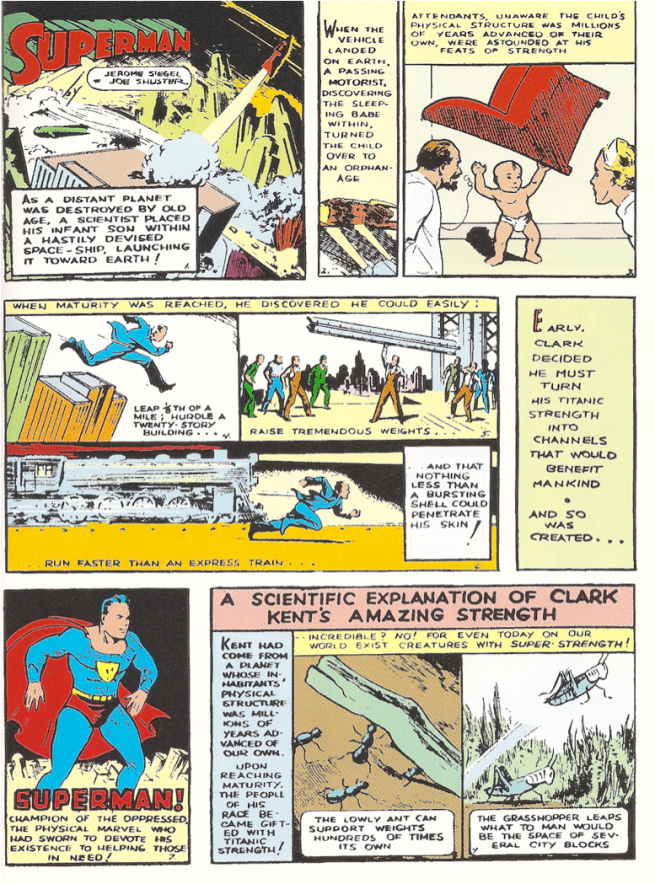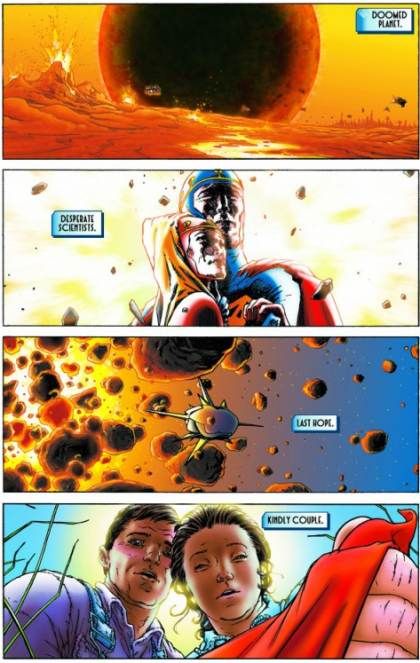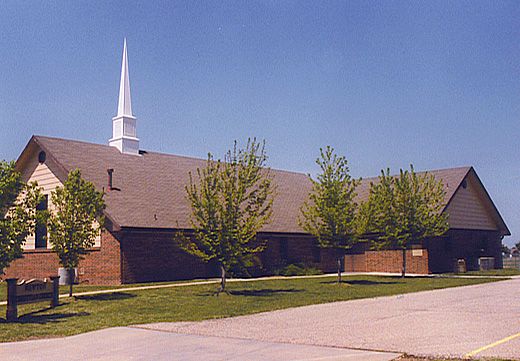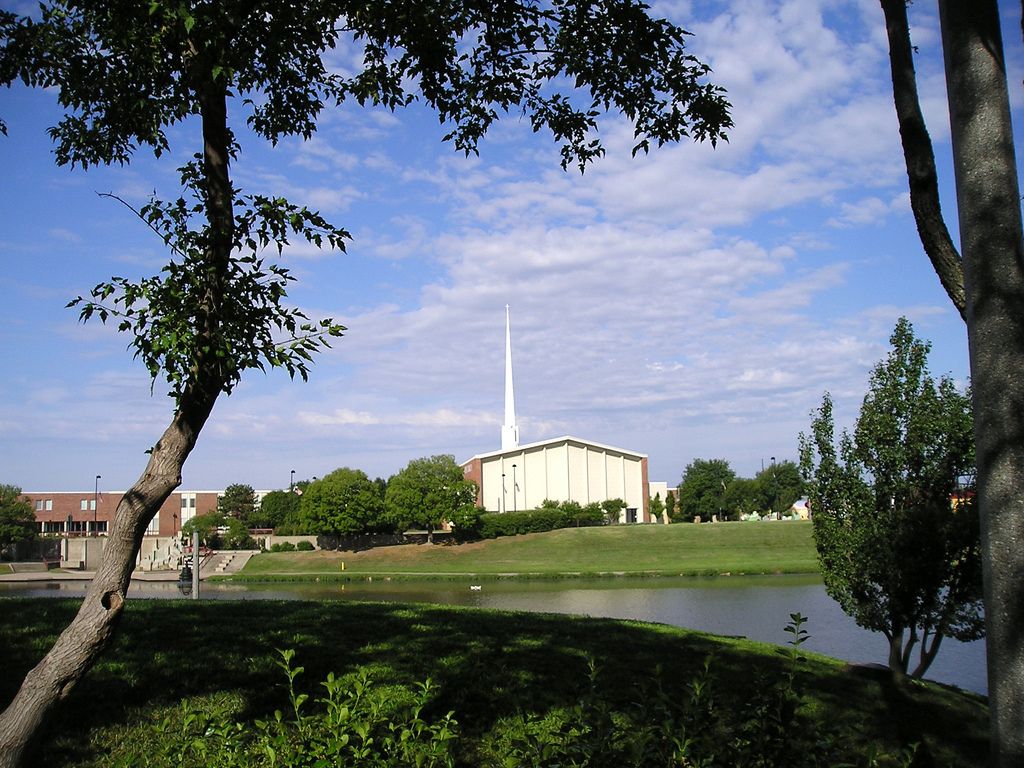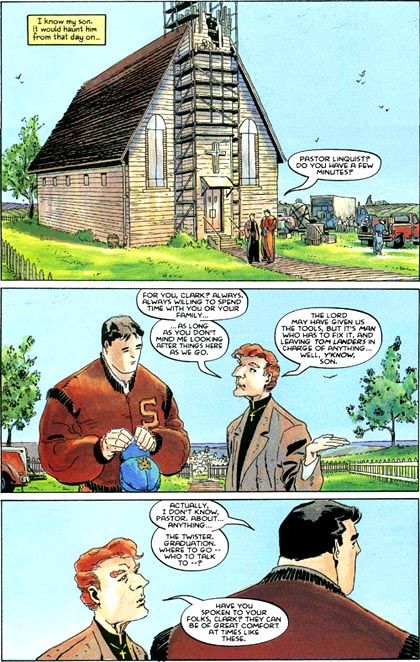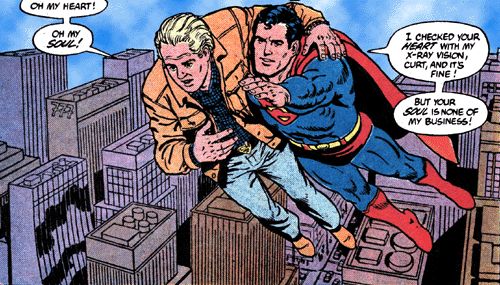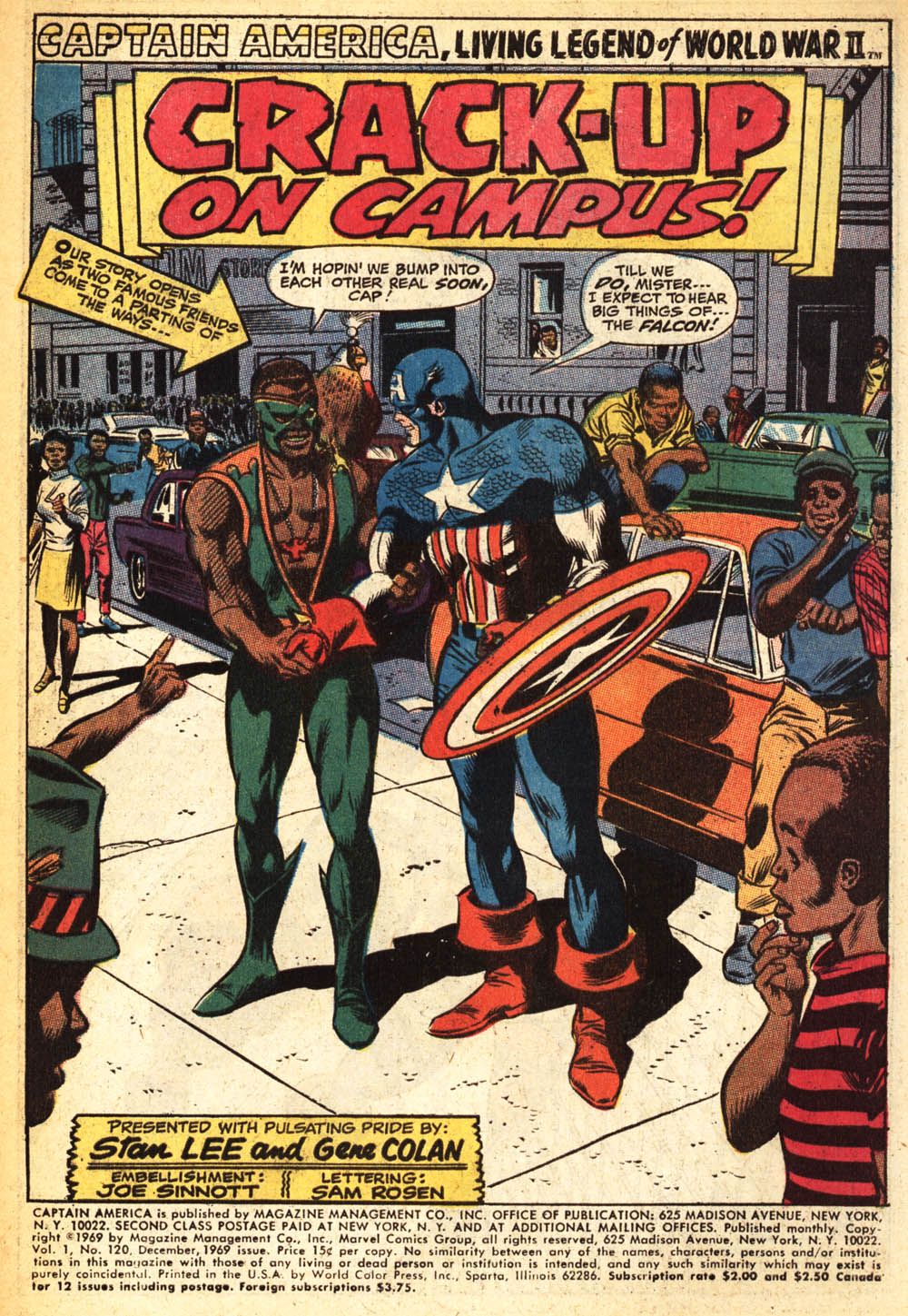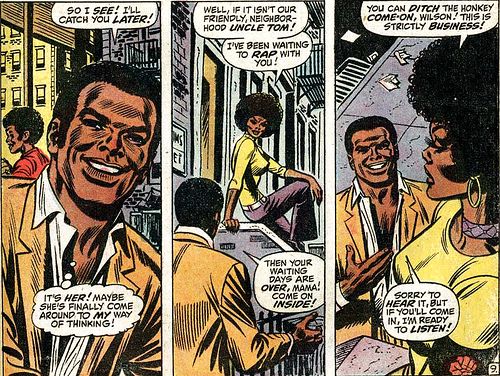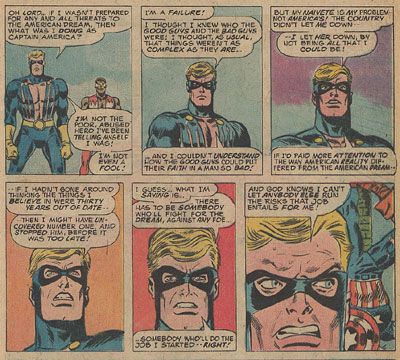I really don't want to beat this Captain America/Tea Party thing into the ground, but I keep thinking of stuff that I haven't seen mentioned elsewhere....
It's not the controversy, you understand, it's Marvel's apology.
Let's recap. In the course of telling a story in the pages of Captain America, Ed Brubaker wrote a scene with protesters where the Falcon, in his civilian guise of Sam Wilson, said a black man like himself probably wouldn't blend in with the angry crowd. It was a remark that was perfectly in character, and in finishing out the depiction of that scene, the letterer used photo reference that no one disputes is from a real protest with a similar theme and demographic makeup to the fictional one depicted.
The scene saw print and members of that demographic threw a fit and accused Marvel of calling them racists, Fox News picked up the ball and ran with it, and Marvel hustled out Joe Quesada to apologize for Brubaker and the letterer's "mistake." That's the sequence of events as I understand it.
Since the news hit the comics blogosphere I've read a lot of opinions on both sides of the issue, I've been up one side and down the other with this, and I keep coming to the same conclusion. For the life of me, I can't see where anyone working on Captain America #602 did anything wrong.
Of course I understand why Disney and Marvel wanted to put it to bed quickly, no one ever wants to be a Fox News chew toy. But nevertheless I think it's ridiculous to apologize for something that grows organically out of the creative process when you are designing storylines for long-running series characters.
I can feel some of you out there gearing up to yell at me and I'd ask you to hold on for a minute and walk through this with me. Let me give you an example of the process I mean.
We'll take Superman as our test case and we'll use a topic that's even more allegedly radioactive than politics -- religion.
Just hypothetically, let's say you've been hired to write a Superman title. You're not doing any revamp or any re-imagining or any of that stuff, you're not doing the latest iteration of Birthright or Secret Origin or anything like that. You're just going to take over one of the regular books. Your job is to come up with new Superman adventures.
Fair enough. So okay, what's your starting place?
If you're a conscientious writer of any talent at all, you would be asking yourself, okay, who is this guy Superman? What's he made of? What's he about?
Superman's been in continuous publication since 1938. That mean's there's a lot of Superman lore out there and it's ridiculous to expect anyone -- well, except maybe Mark Waid -- to be familiar with all of it.
So what do you do? You start with the basics.
There are several varying versions of Superman's beginning out there, but in every version there are things that don't change. Baby Kal-El was rocketed to earth from the dying planet Krypton, where he was found and adopted by the kindly Ma and Pa Kent. They named him Clark and raised him to adulthood in Smallville, Kansas, teaching him their staunch Midwestern values of truth, justice, and compassion for all mankind. Eventually Clark moved to Metropolis where, after securing employment as a reporter for a great American newspaper, he adopted the identity of Superman and began to wage his neverending battle for.... and so on. All that. The stuff we all know.
Now, if I was the one that drew the Superman assignment, I'd start with that basic character sketch. Specifically, Superman's values. What shaped them? The Kents? If young Clark Kent was a typical kid then parental influence only explains so much. Wouldn't teen Clark have rebelled a bit? Certainly keeping his secret must have chafed him, especially as his powers developed. Is there a story to be told there? (The TV show Smallville covered a lot of this years ago, yes, but just play along for a minute or two more.)
What about the rest of his environment? School? Church? What influenced Clark there? How did that actually play out? Let's not forget that we're talking about not just the Midwest, but small-town rural Kansas. Farm country.
Now, I've spent time in rural Kansas. I worked for a magazine firm that was based in Newton and they flew us out a number of times for conferences and such. And I'm telling you, that's serious Bible Belt country. There's a church every thirty yards. I'm not saying that as a pejorative, I'm just saying that's what Kansas looks like.
As such, it's inconceivable to me that young Clark Kent did not attend Sunday school. But we can go further. He probably was a member of the youth group, where he learned about mission work on the summer trips that church youth groups take. It might well have been on a mission trip to Mexico or something that young Clark first began to sense what his eventual purpose in life would look like.
Later, though, most likely in his teen years, Clark probably fell away from church though he still was treated like a member of the congregation by his pastor. This is such a common pattern in the Midwest, especially with guys, that I see no reason why it can't apply to young Clark Kent.
I'm not just blue-skying all this. I'm applying what I know about Kansas from my personal experience and adding that to the established background lore of Superman's character that I'm already familiar with. This is what writers do. Personal experience plus research equals story background. It's what the job is.
I can take it a little further even than that. We can even narrow down Clark's church experience to the probable denomination. Mostly by eliminating the denominations we know are ruled out.
Just from the visuals presented in previously published Superman comics, we know certain things already. Clark's clearly not attending Jewish or Mormon services. He's not a Quaker or a Mennonite or Amish, despite those denominations' prevalence in rural Kansas.
Moreover, we can see that during those past years in Smallville, young Clark had a pastor and not a priest. So Catholics and Episcopalians are off the table. I am pretty sure he's not a Baptist or a Nazarene or a Pentecostal, or really anything in that whole fundamentalist neighborhood -- those faiths are too emphatic about the necessity of bearing witness to one's neighbors. From the tolerance and easygoing attitude Superman displays towards people of all faiths, that brand of evangelism was not part of his upbringing... I don't think young Clark Kent ever went doorbelling.
So what's left? Bearing in mind that we're still in rural Kansas, I'd put my money on the Methodists. I think Martha Kent was probably a pretty staunch Methodist and Jonathan Kent might have gone with her to church at Easter and Christmas. Clark probably faithfully attended Sunday School, maybe he was part of the youth group there for a while as well... then as he got older decided that he'd do better on his own.
That takes a long time to write, but it only took me a minute or so to reason it out. I hit Google for some images and look what I bowled out.
Turns out both Elliott Maggin and Newsweek are calling it for the Methodists as well. I feel ridiculously smug.
So what am I saying? Am I suggesting that the United Methodist Church should adopt Superman as their official mascot? Or that Jews or Buddhists should feel slighted? No, of course not.
Am I suggesting that this should be incorporated into the comics, that Clark Kent should start going to church? No, not really, though that might make for an interesting story, especially since I think Lois Lane is probably an atheist (really, I think Lois is one of those pragmatic workaholics who never considers questions of faith at all, her work is her religion.)
But it would be commercial idiocy to tie a character as popular around the globe as Superman not just to a faith but to a specific denomination. For DC Comics it makes much more sense to keep their flagship character as widely identifiable as possible.
So why bother with it at all then? Isn't all this just idle speculation? Fanfic stuff?
No. you bother with it because you need to know who Superman is and where his personality comes from if you are going to write convincingly about him. Note the word 'convincingly.' Anyone who cares about Superman as a character at all, and certainly the people who read his adventures, have pretty strong ideas about who he is and what he would and would not do. If you're writing about his adventures and trying to entertain those people, you need to stay ahead of them.
Additionally, you are going to have a hard time coming up with threats to Superman that are credible. After all, the guy's invulnerable. So if you are going to test him -- a requirement for creating engaging dramatic stories for him -- you have to abandon physical jeopardy and focus on character instead. Easiest way to do that is to take what you know about Superman and throw him into situations where who he is as a person is tested.
So you have to know who he is as a person. What is a huge factor in defining that for people? Background and upbringing. So you have to know that about Superman, and because he's a series character with a long history, you can't just make it up out of whole cloth. Your long-time regular readers always hate that. No, you have to reverse-engineer it out of what's been previously done.
Saying Clark Kent probably was raised Methodist, or at least bearing it in mind as one of the facets of his character when you are trying to come up with challenges for him... that's not offensive. It's not crusading. It's not Making a Statement about church or religion. It's extrapolation. It's character work.
As such, for a writer it's part of the job description. No, you don't have to put it in the story, you don't have to beat people over the head with it... but you should know it.
So... getting back to Sam Wilson, the Falcon. Look at his origins and background.
Is it really so inconceivable that the guy with a background of social work in the ghetto...
...who fell in love with a radical....
...would feel out of his element going undercover at a rally in Boise, Idaho?
Forget for a moment that the letterer dropped in the photo reference to the Tea Party protests by accident and that it wasn't indicated in the script or the original art. Even if it was intentional on everyone's part to evoke the Tea Party specifically in that scene....
...I'm still not seeing the slight.
I've been to Boise, I'm from the Pacific Northwest, and it seems perfectly plausible to me that there would be no black folks at that protest. Hell, outside of Portland and Seattle you don't see that many African-Americans living anywhere in the Northwest. (When I was sixteen, a friend of mine observed wryly to me that when Dave Etherly graduated from our high school, the only black folks we'd ever see would be on TV.) Is acknowledging that really 'racism'?
In my English classes, we called it verisimilitude. A ten-dollar word meaning "you're supposed to make it plausible when you write." That 'controversial' scene from Captain America is plausible to me and it was
apparently also plausible to the Boise newspapers, whose reaction can be summed up largely as, Hey, check it out, we're in a comic book! How cool is that?
From where I sit, everyone involved was doing their job and doing it well. I don't see a problem with Ed Brubaker taking scenes from modern American politics and testing Cap and the Falcon against them. I don't see a problem with a letterer using photos from real protests to depict that scene.
In short, I see no need for an apology and it annoys me that Marvel apparently did. If the Tea Party doesn't think they're being represented accurately, their beef is with the news services and photographers that cover them, not the people who take those news stories as jumping-off places to craft fiction.
The people that are currently depicting the adventures of Cap and the Falcon, as far as I can tell, are doing a fine job. From writer and artist on down to the letterer. I don't regret for an instant spending money on their stuff and I imagine I'll be continuing to purchase it as long as they're on the book. If Joe Quesada needs to apologize to anyone, he ought to be apologizing to those creative people for publicly throwing them under a bus, for no good reason other than that Marvel apparently thinks Fox News is too scary to fight with.
I'm trying to let it go -- hell, it's just a comic book, right?-- but I just can't get over that. Backing away from basic principles simply to avoid inconvenience or difficulty is wrong. Period.
Know who taught me that, back when I was a little kid?
Captain frigging America.
See you next week.

